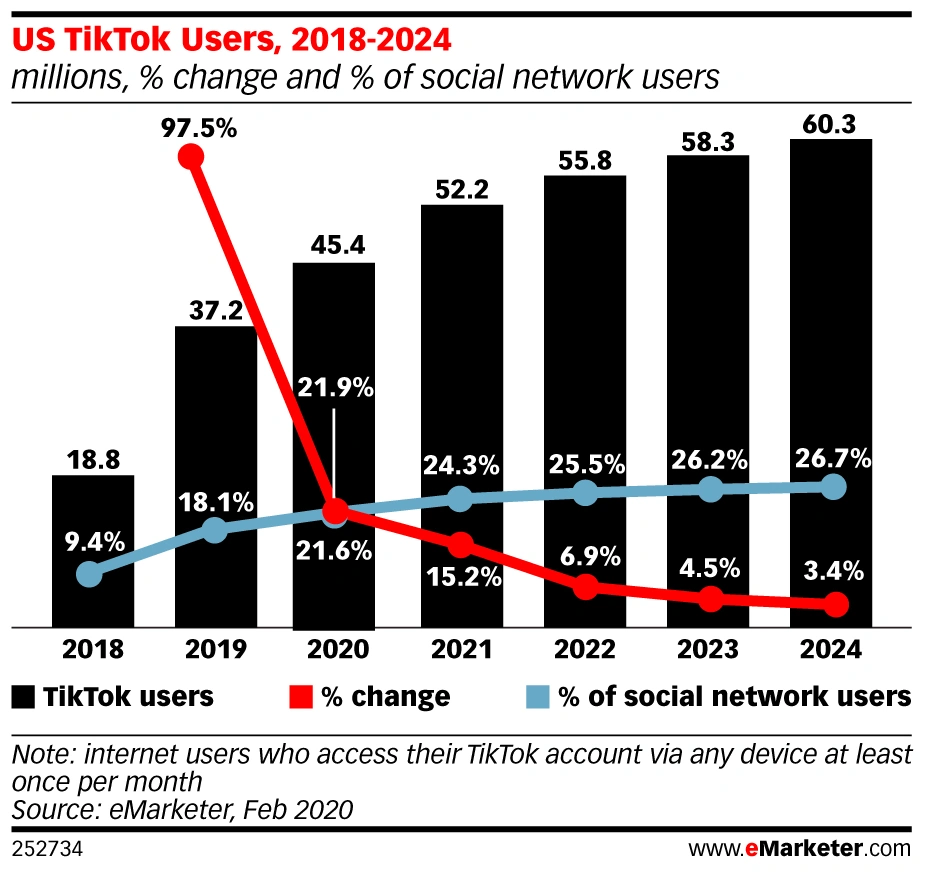A2102 Insights
Explore the latest trends and news on technology, lifestyle, and more.
The Rise of Nostalgia: Why We Can't Get Enough of the Past
Discover why nostalgia captivates us! Uncover the reasons behind our obsession with the past and how it shapes our present.
Exploring the Psychology Behind Nostalgia: Why Do We Long for the Past?
Nostalgia is a powerful emotional experience that allows individuals to revisit cherished memories from their past. This longing for bygone days can evoke feelings of happiness and comfort, often serving as a coping mechanism during times of stress or uncertainty. Psychologically, nostalgia plays a crucial role in helping people maintain a sense of identity, as it connects them to their roots and formative experiences. It can provide emotional warmth and a sense of belonging, which is why many of us find ourselves reminiscing about simpler times when we feel overwhelmed by the present.
From a neuroscientific perspective, nostalgia activates specific areas of the brain, including the limbic system, which is responsible for processing emotions. This activation may explain why nostalgic memories tend to be more vivid and emotionally charged compared to everyday experiences. Additionally, nostalgia can foster social connections; sharing nostalgic memories with others often strengthens bonds and creates a sense of community. Ultimately, our longing for the past reveals deeper psychological needs for love, security, and continuity in an ever-changing world.

The Impact of Nostalgia on Modern Culture: A Look at Films, Fashion, and Music
Nostalgia has become a powerful force in modern culture, influencing various industries such as films, fashion, and music. Filmmakers often rely on the nostalgic appeal of vintage themes and classic narratives to attract audiences, resulting in a resurgence of reboots, sequels, and remakes. Films like Stranger Things and The Retro Chronicles tap into the sentiments of past decades, invoking memories that resonate deeply with viewers. This trend is not merely a creative choice; it represents a collective yearning for simpler times, as the comforting familiarity of the past provides solace amid the rapid changes of contemporary life.
Fashion also exhibits a distinct nostalgic trend, with retro styles making a prominent comeback. Items like high-waisted jeans, oversized jackets, and vintage accessories are not only visually appealing but also evoke a sense of warmth and personal connection to the past. Similarly, music has experienced a revival of nostalgic sounds, with artists rediscovering and reinterpreting classics from the ’80s and ’90s. This blending of eras allows individuals to engage with culture on a multidimensional level, creating a vibrant tapestry that honors history while attracting new audiences. Ultimately, the embrace of nostalgia in these domains illustrates its profound impact on how we perceive and engage with modern culture.
Nostalgia Marketing: How Brands Are Capitalizing on Our Love for the Past
Nostalgia marketing is a powerful strategy that taps into consumers' fond memories and emotional connections with the past. Brands are leveraging this emotional resonance by reviving classic products, ads, and cultural icons that evoke a sense of familiarity and comfort. This approach not only creates a nostalgic atmosphere but also enhances brand loyalty, as customers are more likely to support brands that remind them of happier times. By using retro aesthetics, vintage packaging, or references to beloved media from their target audience's childhood, companies effectively foster an emotional bond that drives purchasing decisions.
Moreover, nostalgia marketing often incorporates storytelling, taking consumers on a journey that reconnects them with cherished moments from their past. This can be achieved through campaigns that feature nostalgic music, themes, or iconic visuals that resonate with the audience's experiences. According to research, nostalgia can evoke positive feelings, making consumers more inclined to engage with and share brand experiences. As modern consumers become increasingly overwhelmed by new technologies and trends, the comfort of nostalgia serves as a welcome respite, compelling brands to utilize this emotional tactic in their marketing strategies.